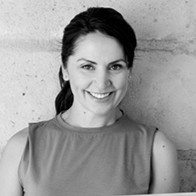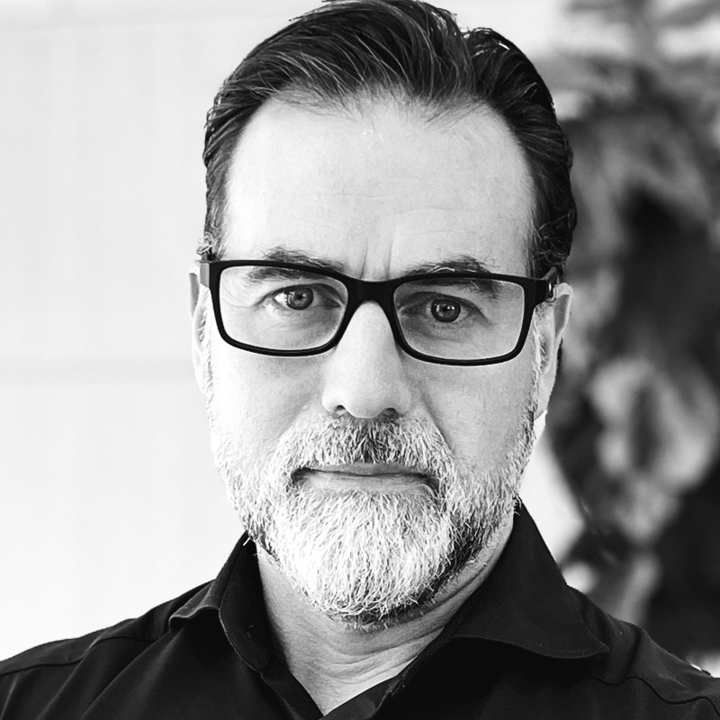Aquent gets plenty of calls and emails from candidates wanting to break into the PR and Communications industry, but don't know what it entails, what the essence of public relations is and whether they should pursue a career in this illustrious industry.
Who are PR professionals?
1. They tell the story of your brand/company
PR professionals are empowered with the task of growing, guiding, and managing the consumer/stakeholder perception of your brand/company and the message received about your brand by these groups. PR professionals aid the marketing and advertising campaigns by adding an extra layer of substance to the message received by the consumer through articles, press releases, statements, events and comment through the media.
When you read a news article, hear a radio spot from a DJ or journalist, read about an event or new product in your local magazine or newspaper, the chances are there is a PR professional behind that interaction creating that angle and message and guiding the way you receive it.
PR professionals are the voice of your brand in print, radio, TV and online; they create a rich history and story for your brand that they share with you through the media.
2. They shape the debate/manage crisis situations
Think of the hundreds of job losses during Covid. Those large corporations relied largely on their PR teams to help them shape the debate, take the mostly negative spin away from the severe job loss and inform and guide the consumer to the truth and reasoning behind their actions. PR professionals in this case give a “voice” to the corporation and its decision and allow the consumer an insight into the minds of the company. So they get two sides to the story, and hopefully balance the negative and positive.
Generally, PR professionals aim to get the most accurate and positive news out to the consumer about their brand, but there is always an element of negative to be managed about any brand and it's their responsibility to manage the narrative. How that is managed by the media and in turn interpreted by the consumer, is guided by the PR professionals.
3. They get into the minds of the consumer and research
To present a point of view accurately, you need to know your target market. The PR professionals from World Wrestling Entertainment (WWE) for example, would have a far different task than those working for the City of Sydney Council. Both PR professionals are working hard to create unique stories about their organisations, always pushing to create favourable perceptions in the consumer's mind, to stimulate debate, to manage crisis when necessary, and to promote events and positive stories. But, their target market is vastly different and therefore their tools and techniques will differ. They will research each demographic and create strategic public relations messages and platforms accordingly. To know your consumer is paramount.
4. They write, and write, and write
After identifying key messages and strategic direction for your brand/company, PR professionals will work out exactly what message, story, event, angle or news piece to deliver. Then… they write. Writing is a massive portion of the PR professionals' role. Writing fact sheets, news releases, media pitches, positioning statements, social media updates, white papers, PowerPoint presentations, op-ed pieces, web copy, blog posts, ad copy, speeches and holding statements, event results and captions. Every single one of these methods offers just one more opportunity to shape and guide the message given to the public.
5. They plan events
Events are a wonderful way to unite a consumer, get the public to interact with your brand, and get the media involved. PR events range from a sausage sizzle for the local community, to getting thousands of people and media to a politician's rally. These events are a further way to spread a positive message and sentiment about your brand to the public, communicate news about a new product or story, and give the consumer news. The pre, during and post publicity for these events provide the PR professional with multiple touch points and ways to bring their view to the consumer.
6. They talk to the media
PR professionals have to form strong relationships with media, and then pitch stories and angles to them on a daily basis. To reach all media, PR professionals will find reporters from as many beats as possible to cover their story. PR professionals will pitch different angles to news reporters, business writers, feature editors, and trend reporters, lifestyle writers and bloggers. The most memorable and creative pitches result in positive coverage for your brand. Knowing your media, and having those relationships in place is one of the key measures of a successful PR professional.
7. They find advocates
The best ambassador for your brand or organisation is your consumer's best friend, idol or respected leader. If your friend tells you to use brand X over brand Y, you're likely to take their advice right? Well, it's the same with PR. Finding and forming alliances with ambassadors or influencers who can share the brand/ company message in their own way, from their heart, is far more effective than you telling them via a TV advert. Think Leonardo DiCaprio and Al Gore sharing their voice to Live Earth, or Hamish McDonald and Carrie Bickmore on The Project pushing for a cause, a brand they trust or an organisation they believe in. You trust them; you listen…
8. They tell the truth
Sometimes, in the heat of the moment, it's tempting to skip steps, make assumptions, and push the button on a story before the facts are checked. Sometimes PR professionals are criticised for pushing the boundary of the truth just to get positive coverage for their company. Don't be tempted to take shortcuts that will undermine your credibility with your team, client, or employers. Tell the truth over the sake of a good story.
9. They educate themselves
PR professionals have to be articulate, well read, and intelligent. They need to understand and care deeply about the subject matter they represent in order to succeed. They must keep up on current events, read the newspaper, and know about what's going on in the world. Additionally, they have to be across their target market, get into the minds of the best business journalists and their public and work out how best to approach them.
In summary, PR professionals tell the story of people (not just corporations) who deserve to have their stories told. This is done by and large through interactions via the media.
Looking for a role in PR or Communications? Get in touch with our team, or check our Find Work page.
Latest.

5 simple (but powerful) ways to shine in your design interview.
Job Seeker, Design

How to demonstrate the value of your design team in 2025
Thought Leadership, Design, Industry Trends, Leadership

Ace your interview: Words to watch out for.
Job Seeker



